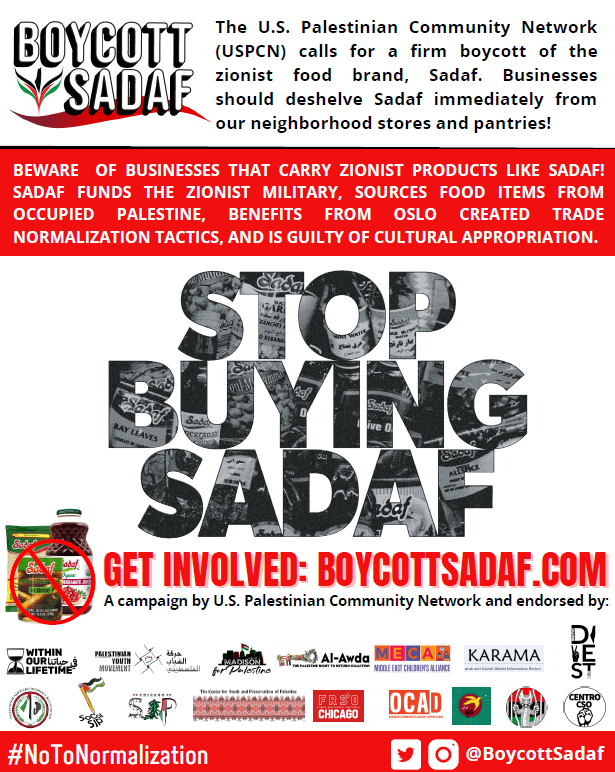It has been 28 years since Israeli forces and their allies killed close to 2000 Palestinians, Lebanese, Syrians, and Kurds in the camps of Sabra and Shatila on the outskirts of Beirut. Despite the passage of time, the screams of the victims of the massacre for justice and accountability continue to resound through the collective psyche and memory of the Palestinian people. As it prepares for convening of the second popular Palestinian conference in North America, the US Palestinian Community Network (USPCN) pledges to continue the struggle for the return of the Palestinian refugees to a free and democratic Palestine.
 On September 15, 1982, Israeli forces invaded West Beirut in clear violation of a US-negotiated agreement with the PLO and the Lebanese government. It was agreed that the Palestinian forces would evacuate the city under the supervision of a multinational force. In return, the US and its European allies pledged that no harm would befall Palestinian refugees. However, one day after the departure of the last contingent of Palestinian fighters from Lebanon, Israel announced that “2000 terrorists” were still present in Beirut. Consequently, on 15 September, the Israeli army occupied West Beirut and imposed a siege around the refugee camps of Sabra and Shatila, populated only by unarmed Palestinian civilians. The Israeli Defense Ministry took direct responsibility for directing the Israeli army.
On September 15, 1982, Israeli forces invaded West Beirut in clear violation of a US-negotiated agreement with the PLO and the Lebanese government. It was agreed that the Palestinian forces would evacuate the city under the supervision of a multinational force. In return, the US and its European allies pledged that no harm would befall Palestinian refugees. However, one day after the departure of the last contingent of Palestinian fighters from Lebanon, Israel announced that “2000 terrorists” were still present in Beirut. Consequently, on 15 September, the Israeli army occupied West Beirut and imposed a siege around the refugee camps of Sabra and Shatila, populated only by unarmed Palestinian civilians. The Israeli Defense Ministry took direct responsibility for directing the Israeli army.
A day later, Ariel Sharon planned and oversaw the entry of the Lebanese Forces (a rightwing Phalangist militia with a long history of close relations with the Israeli government) and the South Lebanon Army (Israel’s proxy militia in Southern Lebanon) into the camps, sealing the areas off with Israeli tanks and . When the militias entered the camps they faced only the resistance of lightly-armed young men and women, the Ashbaal.
Despite their lack of weaponry and their inability to match the firepower of Israel and its allies, the people of Sabra and Shatila were not passive – their resistance was able to save hundreds of lives. The massacres at Sabra and Shatila were an attempt to continue the ongoing genocide of the Palestinian people and remove Palestinians from Lebanon, just as today, the Nakba and the genocide against Palestinians continue.
In the camps of Lebanon, Palestinians continue to exist, and to struggle, and to insist on the full implementation of their right to return home to Palestine. They also insist on the ability to exercise civil, social and human rights in Lebanon, because only an empowered people can lead their struggle for return and liberation. Seven million Palestinian refugees around the world have withstood massacres and genocide and continue to demand their return home. We in the USPCN pledge that we will continue this struggle until the full right of return for all Palestinian refugees to their original homes and lands throughout Palestine is achieved in a democratic, liberated Palestine.

